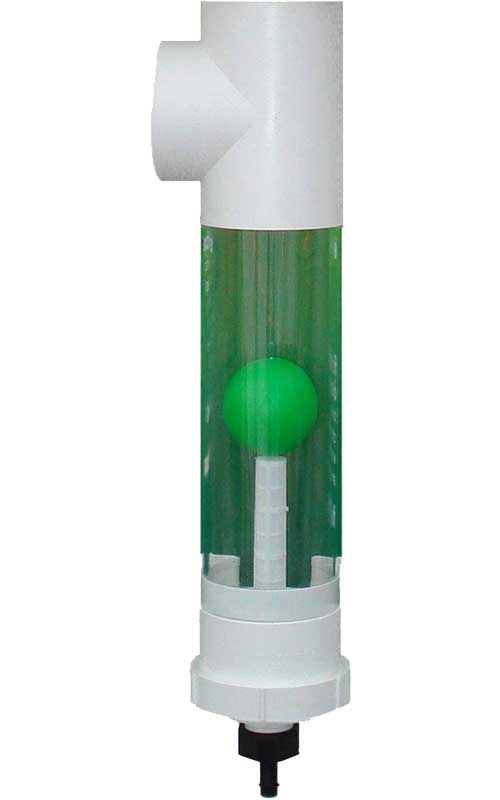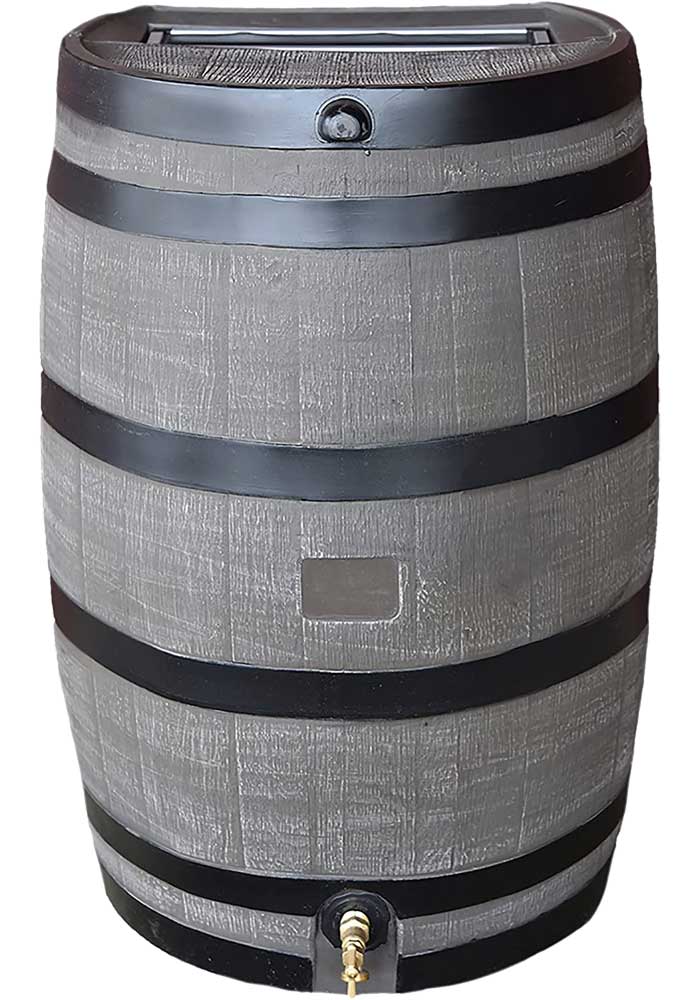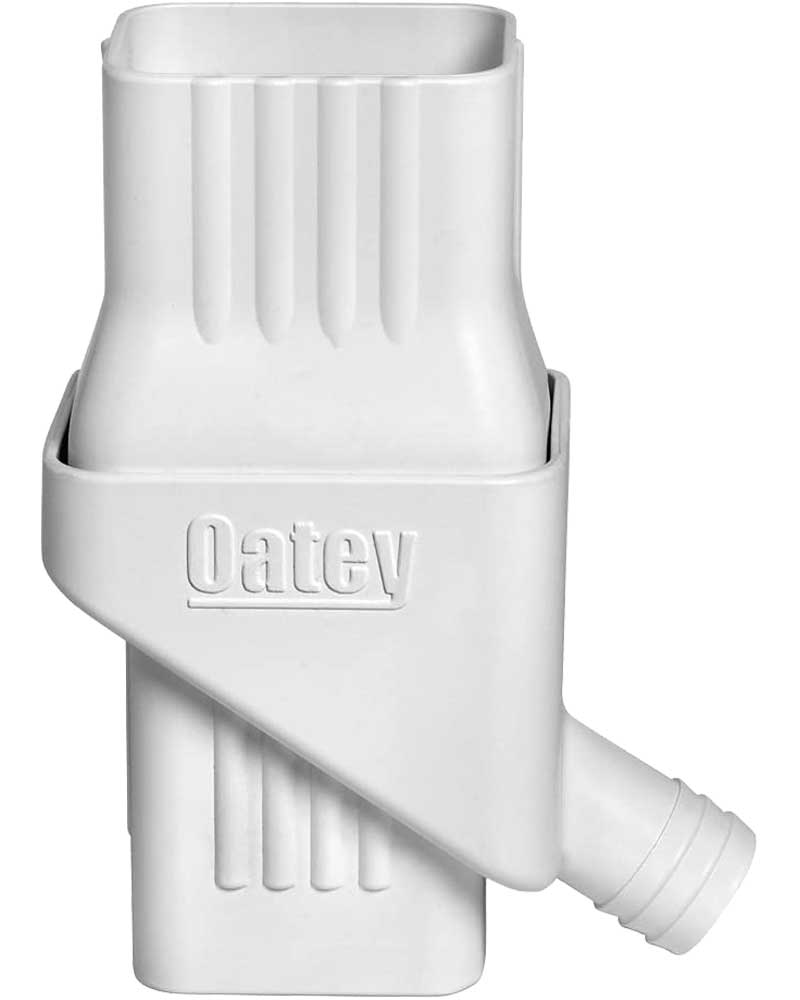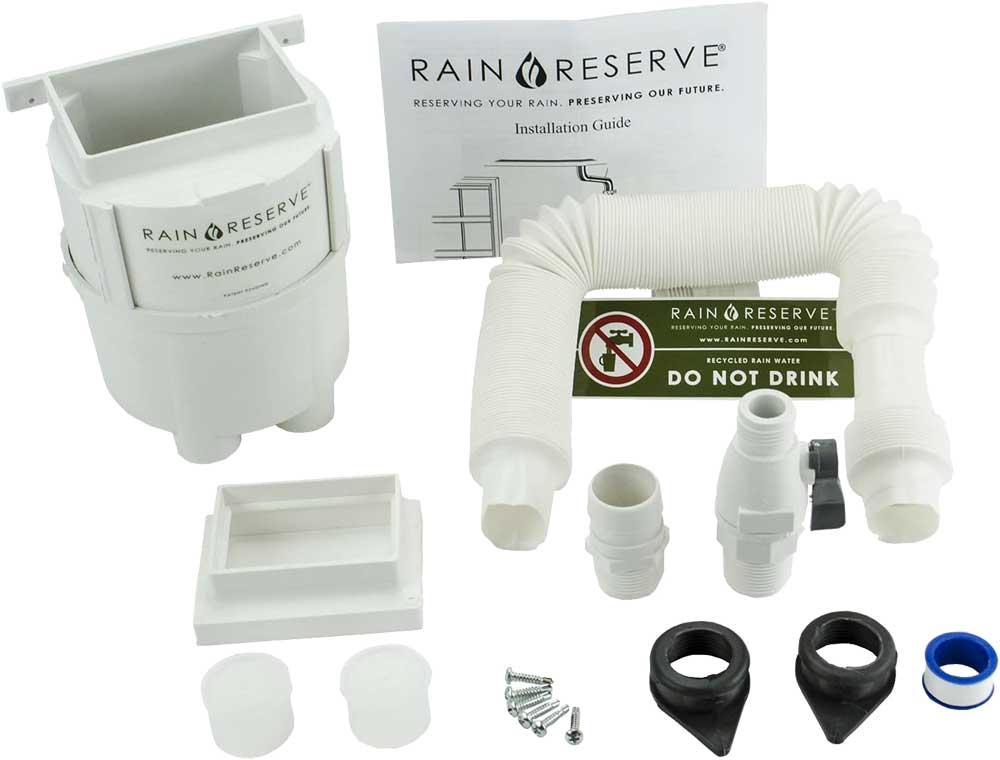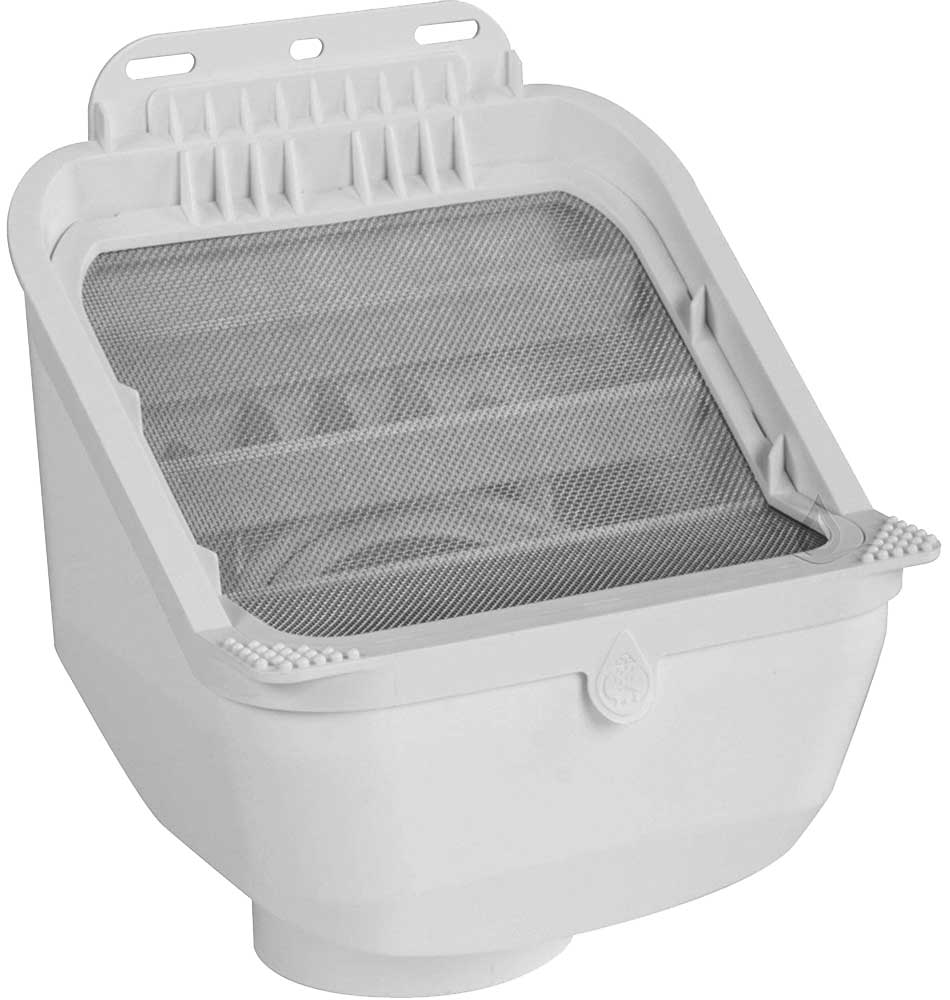Did you know that you can collect rainwater from your roof and store it for later use? It’s a great way to conserve water, and it can also help reduce your monthly utility bills. In this article, we will discuss some unique ideas for residential rainwater collection, as well as how to store rainfall for future use. We’ll also cover some of the benefits of collecting rainwater!
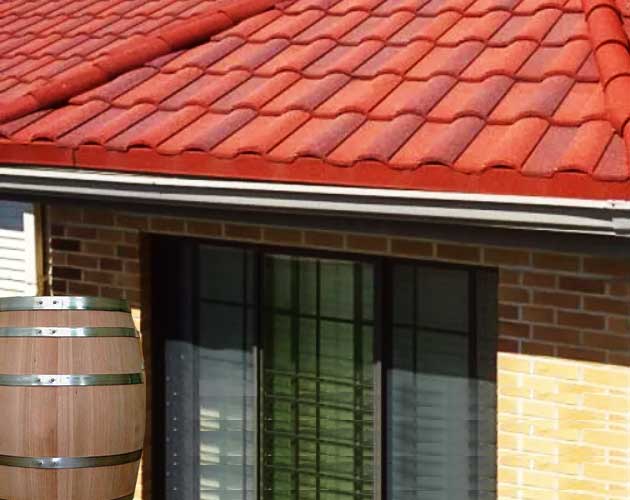
Why Is Rainwater collection Important?
Rainwater collection is important for a number of reasons. First, it is a great way to conserve water. In many parts of the country, water is a precious resource that is in limited supply. By collecting rainwater, you can help reduce your community’s demand for the local water supply.
Second, rainwater collection can help reduce your monthly utility bills. When you collect rainwater and use it for irrigation, you can significantly reduce your water usage from the municipal water supply. This can lead to lower water bills each month.
Finally, rainwater collection is simply good for the environment. When you collect rainwater and use it instead of potable water, you are reducing the amount of water that needs to be treated and returned to the environment. This can help reduce your community’s impact on the local ecosystem.
What Are The Uses Of Collected Rainwater?
There are many different ways that you can use the rainwater that you collect. One popular way is to use it for watering your plants and gardens. This is a great way to save money on your water bill, and it’s also good for the environment.
Another common use for collected rainwater is to wash your car or clean your driveway. This can save you money on your water bill, and it’s also good for the environment.
You can also use collected rainwater to flush your toilets or wash your clothes. This is a great way to save water, and it’s also good for the environment.
There are many other uses for collected rainwater, and the uses that are right for you will depend on your specific needs. Whatever you decide to use it for, collected rainwater can save you money and help the environment.
Collecting rainwater can offer a number of benefits, including reducing your water bill, conserving water during periods of drought, and providing a backup water supply in case of an emergency. If you are interested in exploring the idea of rainwater collection, we hope this article has given you some unique ideas to get started!
Rainwater collection systems
There are many ways to collect rainwater, but one of the most efficient is to use a residential rainwater collection system. Residential rainwater collection systems are designed to collect and store water from your roof, gutters, and downspouts.
Installing a residential rainwater collection system is a great way to conserve water and save money on your monthly utility bills. With a little planning and the right equipment, you can start collecting rainwater today.
Start by researching the different types of residential rainwater collection systems to find the best one for your home, and then follow the steps above to get started. Soon, you’ll be reaping the benefits of this unique and efficient way to collect water.
Few things to keep in mind
If you’re interested in installing a residential rainwater collection system, there are a few things to keep in mind. First, you’ll need to choose a storage container that is big enough to hold the amount of water you want to collect. Second, you’ll need to install a filter on your gutters and downspouts to keep leaves and debris out of your rainwater. And finally, you’ll need to make sure that your storage container is properly sealed so that your rainwater stays fresh and clean.
What are some unique ideas for rainwater storage systems?
One of the most important things to consider when collecting rainwater is how you will store it. There are a variety of rainwater storage system options available, and the best option for you will depend on a number of factors, including the amount of rainfall you receive and the space you have available.
Here are some popular rainwater storage system options:
– above ground tanks
– below ground tanks
– rain barrels
– rain gardens
If you live in an area with limited space, a rain barrel may be the best option for you. Rain barrels can be placed under downspouts to collect water as it flows off your roof. Many rain barrels come with a spigot, so you can easily attach a hose and use the water for watering your plants or washing your car.
If you have more space available, you may want to consider an above-ground rainwater storage tank. These tanks are typically made of plastic or metal and can range in size from 50 to 5000 gallons. Above-ground rainwater storage tanks are a great option if you want to use rainwater for drinking, cooking, or bathing.
Another option is a below ground rainwater storage tank. These tanks are usually made of concrete and can range in size from 500 to 10000 gallons. Below-ground rainwater storage tanks are ideal if you have limited space but still want to be able to store a large amount of rainwater.
If you live in an area with frequent floods, you may want to consider a rainwater catchment system. A rainwater catchment system is a network of pipes and gutters that collects rainwater from your roof and drains it into a storage tank. The stored rainwater can then be used for irrigation, or it can be pumped back into your home to be used as drinking water.
No matter which storage system you choose, it’s important to make sure that your tank is properly sealed and that the water is regularly tested for quality. By taking these precautions, you can be sure that your rainwater is safe to use and will be there when you need it. Residential rainwater collection is a great way to conserve water and reduce your monthly utility bills. With a little planning, you can easily find the rainwater storage system that best meets your needs.
Quality of collected rainwater
The quality of rainwater that you collect will depend on the materials used to make up your collection system. If you use PVC pipes, for example, the water that you collect will be clean and safe to drink. However, if you use galvanized steel pipes, the water may be contaminated with lead or other harmful chemicals.
It’s important to choose the right materials for your rainwater collection system to ensure that the water you collect is safe to drink. PVC pipes are a great option for residential rainwater collection systems because they’re durable and won’t contaminate the water.
Is the collected rainwater safe?
Yes, collected rainwater is safe for most uses. However, it is important to note that rainwater can contain contaminants such as bacteria, viruses, and other microorganisms. If you plan on using the rainwater for drinking water, it is recommended that you treat the water first. There are a variety of ways to do this, including boiling the water, using a water filter, or using chemical disinfectants.
It’s also important to be aware of the potential for lead contamination if you’re using rainwater from an urban area. This is because lead can be found in roofing materials, paint, and other sources. If you’re concerned about lead contamination, you can have your rainwater tested by a certified laboratory.
In most cases, collected rainwater is perfectly safe for use in watering plants, washing clothes, and other non-potable uses. And using rainwater can actually be beneficial for your plants since it’s free of the chemicals found in treated municipal water supplies.
How to treat the collection rainwater?
The collected rainwater can be used for a number of different purposes, including watering your garden, washing your car, or even flushing your toilets. However, it’s important to note that the water should be treated before use. This can be done by adding a small amount of bleach to the rainwater barrel.
Another option is to install a rainwater filtration system. This will remove any impurities from the water, and make it safe for use.
If you’re looking for a more sustainable option, you can also collect rainwater and use it to recharge your groundwater supply. This is a great way to help reduce your reliance on municipal water supplies.
Is the Rainwater collection allowed?
The first thing you should do is check with your local water company or city to see if collecting rainwater is legal. Some areas have restrictions on rainwater harvesting, so it’s important to find out before you start collecting.
Check local regulations and guidance for rainwater collection
Before you start collecting rainwater, it’s important to check with your local municipality to see if there are any regulations or guidance in place for rainwater collection. This is especially important if you plan on using the collected rainwater for drinking water, as there may be additional requirements in place.
Once you’ve checked with your local municipality, you can start collecting rainwater by installing a rainwater collection system on your property. There are a few different types of rainwater collection systems, so you’ll need to decide which type is best for your needs.
Cost-effectiveness
Residential rainwater collection is a great way to conserve water and save money on your monthly utility bills. By collecting rainwater from your roof, you can reduce your dependence on the municipal water supply and lower your water bill. Additionally, using rainwater for irrigation can help to reduce the demand on the local water treatment plant during peak summer months.
How does rainwater compare to normal tap water?
One of the benefits of rainwater is that it is naturally soft. This means that it can be used for laundry and dishes without leaving spots or streaks. It can also be used to water plants, as it won’t contain the minerals that can build up in soil over time. Another benefit of rainwater is that it is free of chlorine and other chemicals that are often added to tap water.
Conclusion on Residential Rainwater Collection systems
Residential rainwater collection is a great way to conserve water. In many areas of the country, rainfall is a plentiful resource, and collecting rainwater can help reduce your reliance on municipal water sources. There are many different ways to collect rainwater, and the best method for you will depend on your specific needs and goals. I hope this article has inspired you to start collecting rainwater in your own home.
